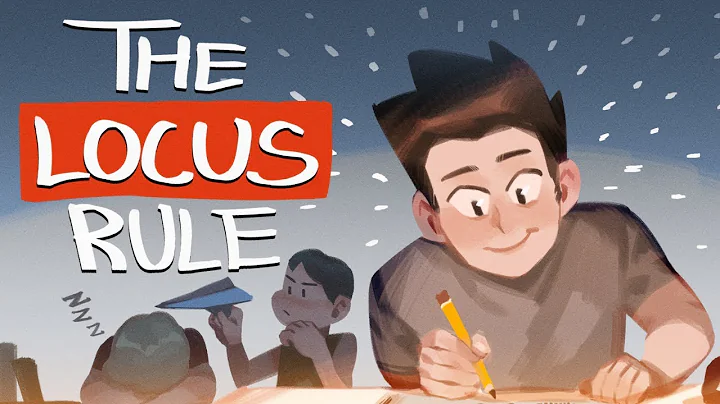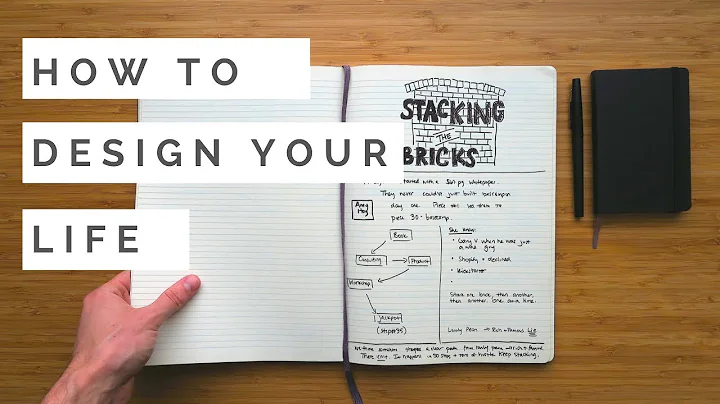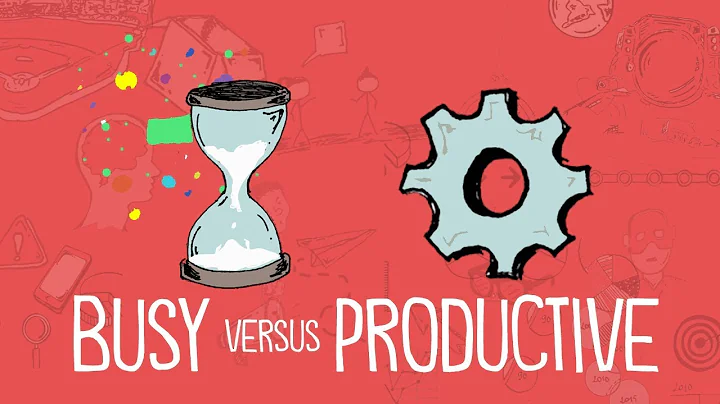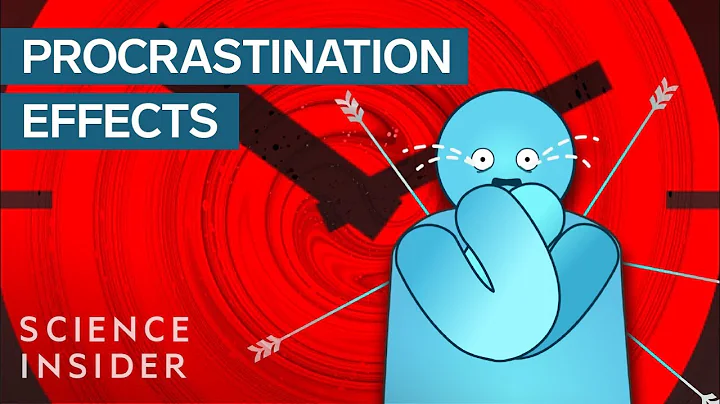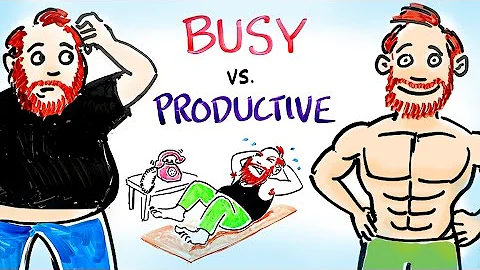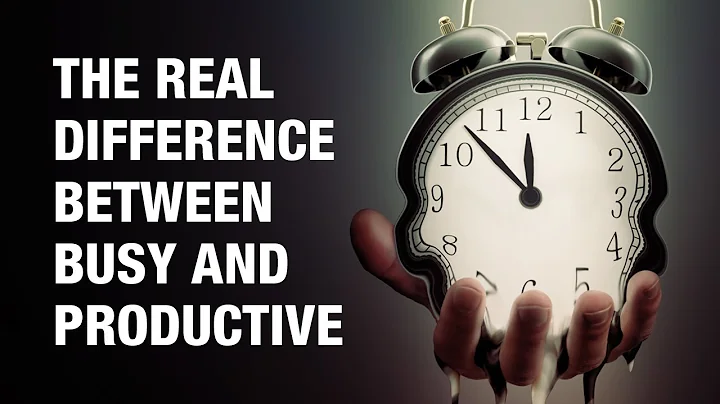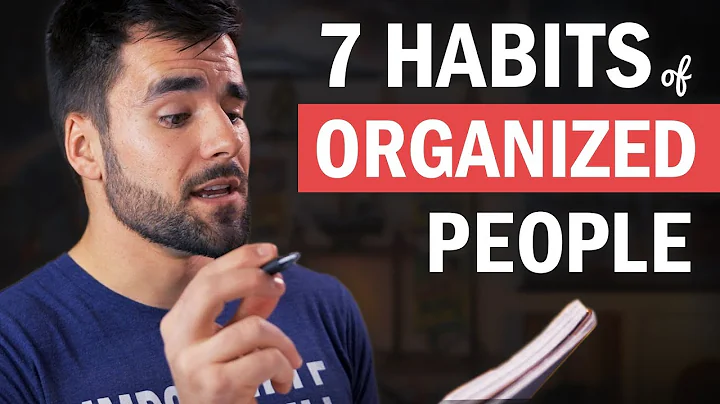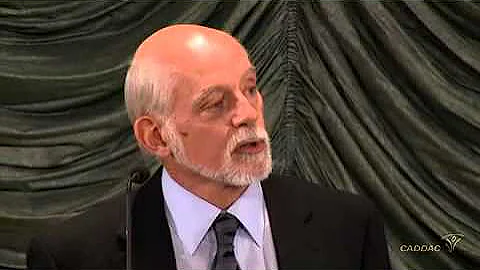
The difference between being busy and being productive
Humans have been making lists almost as long as writing was invented, but now scientific evidence suggests that writing them down is better than keeping them in your head, and even better than typing them into electronic devices. Princeton University researcher Pam. Pam Mueller and UCLA researcher Daniel . Daniel Oppenheimer pointed out that compared with students who type lists on the keyboard, students who write lists with pens remember them better and have a better idea of what to do. What is the reason for
? The actual act of writing stimulates an area of the brain called the reticular activating system. The network activation system divides information into "instant access" and "deep storage", marking the important information that should be placed in front.
In addition, the reticular activation system is also responsible for getting the subconscious mind to work, so you will hear many songwriters and screenwriters putting notebooks next to their beds in order to copy down lyrics or ideas that come up in the middle of the night.
However, in order to be fully effective, the list must be made smartly. You can just take out a pen and paper and make a list of things to do, but unless you master a few key points, it will be difficult to improve your efficiency.
Now, let’s see if the following description sounds like you: You list eight to ten things to do, and then start with the simplest ones early in the morning, hoping to increase your motivation, and leave the complicated and difficult things for later. For example: finish drinking coffee, finishing lunch, or wait until there is a big gap at three o'clock.
This is human nature. The problem is just that it doesn't work. You may have been busy all day, completing one thing after another, but failed to deal with the most important thing. The next day, you will be very stressed and feel that you are behind schedule, even though you are already extremely busy.
As mentioned before, the point is to understand that successful people don't necessarily do more things, they just do more important things. Modern people are very busy and it is impossible to get everything done. The key to success is to prioritize. This is perhaps the most overlooked point by most people, leading to the huge difference between "busy" and "efficient". Highly successful people never do everything in one day, but they do the most important things every day.
No matter how organized, efficient and energetic you are, you will never be able to do everything in one day. This goal is too high, but you can make up your mind to always start with the most important things.
"Get tomorrow's things done today strategy" can help achieve this goal by developing a good habit of spending about five minutes the day before making a list of priorities for the next day, but not a long list. Instead, just briefly list a few items in order of priority. The first part of the
checklist is called "Three Important Things." As the name suggests, you list three important things that need to be done the next day. Additionally, you'll want to separately list your estimated time of completion.
We would like to remind you that these matters are not the entire big case with many steps, but individual specific tasks under the big case. The point is that the items you list are not only important and show ambition, but they must also be pragmatic and have the means to complete them on the day. Small successes every day are enough to add up to major achievements. The second part of the
checklist is "One Must-Do". After you list three important things, choose "one must-do thing" from them as the most critical highlight of the next day. Psychologist B. F. B. F. Skinner pioneered quantitative behavioral analysis in the 1930s, and many of these studies now point out that you probably have an intuitive feeling every day that once you get started on a task or project, it's easier to keep doing it. This is like the law of inertia in physics, but it happens to people: the body in motion tends to keep moving, and the body at rest tends to keep resting. The best way to inspire action is to target one thing and just do it. Listing the most important things can create motivation.
Unfortunately, many people make long lists and then tell themselves to complete the most important items, but the channel capacity quickly overwhelms you, so it becomes easier and easier for you to put the list aside, vaguely saying that you will do it the next day. Give it a try, and even trick yourself into thinking you've accomplished eight or nine "little things" and that you've had a productive day, even though you haven't accomplished anything that really matters.
To stay on track, you have to ask yourself two key questions: First, what are the three important things I need to accomplish tomorrow? Second, which of them must be completed the most? This question is consistent with the "channel capacity", which can bring about the direction and priority of efforts and avoid biting off more than one can chew. When you start a new day, you will know which three important things must be completed that day, and you will also know which one of them is the most critical. You will be surprised to find that just by being a little more organized in this way, your decision-making will be much clearer and your efficiency will be much improved.
Once you've made your list, remember there's more to it than just these few items. You can have a to-do list for a whole week, a whole month, or a whole year. The "To-Do List" introduced here just helps you prioritize and have a set of actions every day.
Take sports events as an example again. The biggest goal of the entire baseball season is to win the division championship, but this is not among the "three important things" for players on the first day of the season. There should be other priorities on the first day, such as: Do A complete stretching routine, 50 good at-bats in the batting cage, and 15 minutes of long throw drills.
The active body tends to keep moving, and the resting body tends to keep resting.
warns: While you're considering the items on your list, it's easy to overlook the communication part. Whether they are people who usually stay in the office and have little contact with the outside world, or people who often need to make business calls or meet in person, it is easy to make this mistake, close the door and work hard, and almost only rely on emails or text messages to communicate with others. , but we believe (and strongly recommend) that you should emphasize communication on your to-do list and communicate directly with people in person or on the phone. Communication and success often go hand in hand.

[Book title: Get things done tomorrow today]
[About the author]
Jason . Jason Selk
is a very popular performance coach in the United States. He once served as the mental training director of the St. Louis Cardinals and helped the team win the World Series in 2006 and 2011. He has written two best-selling books, They are "10-Minutes Toughness" and "Executive Toughness" respectively. Personal website: JasonSelk.com.
Tom. Bartow (Tom Bartow)
Bartow's close friend John. John Wooden is a well-known coach of the UCLA basketball team. Bartau learned many unique concepts from him and launched a high-level consultant training course at Edward Jones Financial Services Company. The evaluation of the course still dominates the United States.
Matthew. Matthew Rudy
Rudy has authored and co-authored 23 golf, business and travel books, with co-authors including Hank. Hank Haney, Michael. Michael Lardon, Dave. Dave Stockton and Johnny. Miller (Johnny Miller), etc., currently live in Bridgeport, Connecticut.
(Pictures and text provided by Sancai Culture)
Author: Women’s Gang editor


